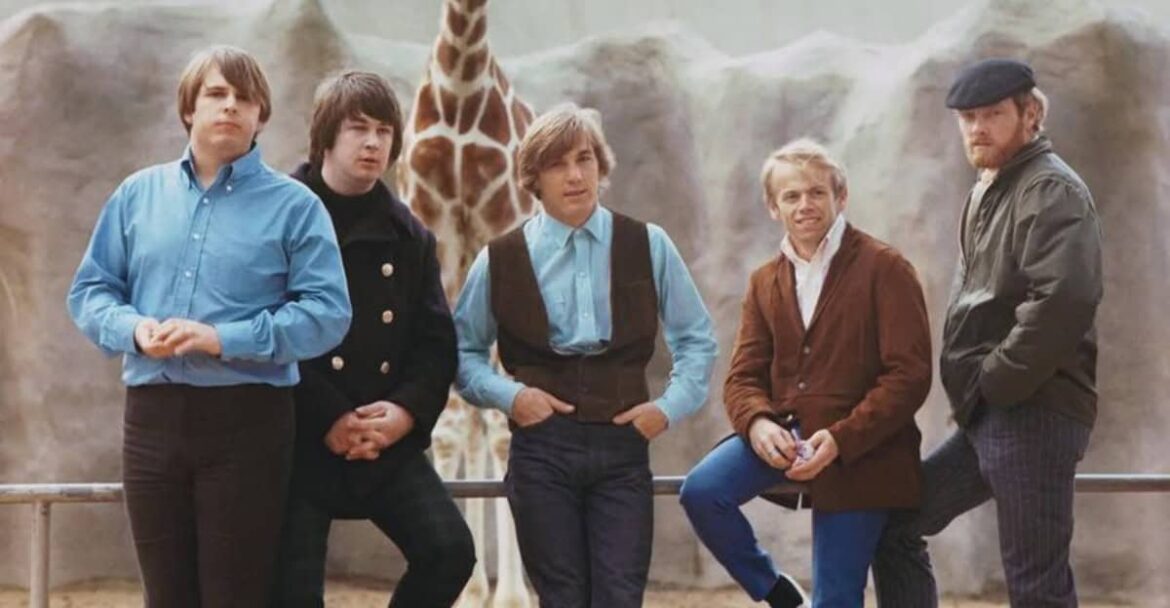The world of music is no stranger to controversy. Over the decades, some of the most iconic songs and artists have faced bans due to provocative lyrics, challenging themes, or cultural misunderstandings.
Yet, these legends carried on, unfazed and undeterred.
Below, we delve into the stories of 11 music legends who faced bans but most likely didn’t care, continuing to shape the music industry with their defiant spirit.
1. God Save the Queen – Sex Pistols (1977)
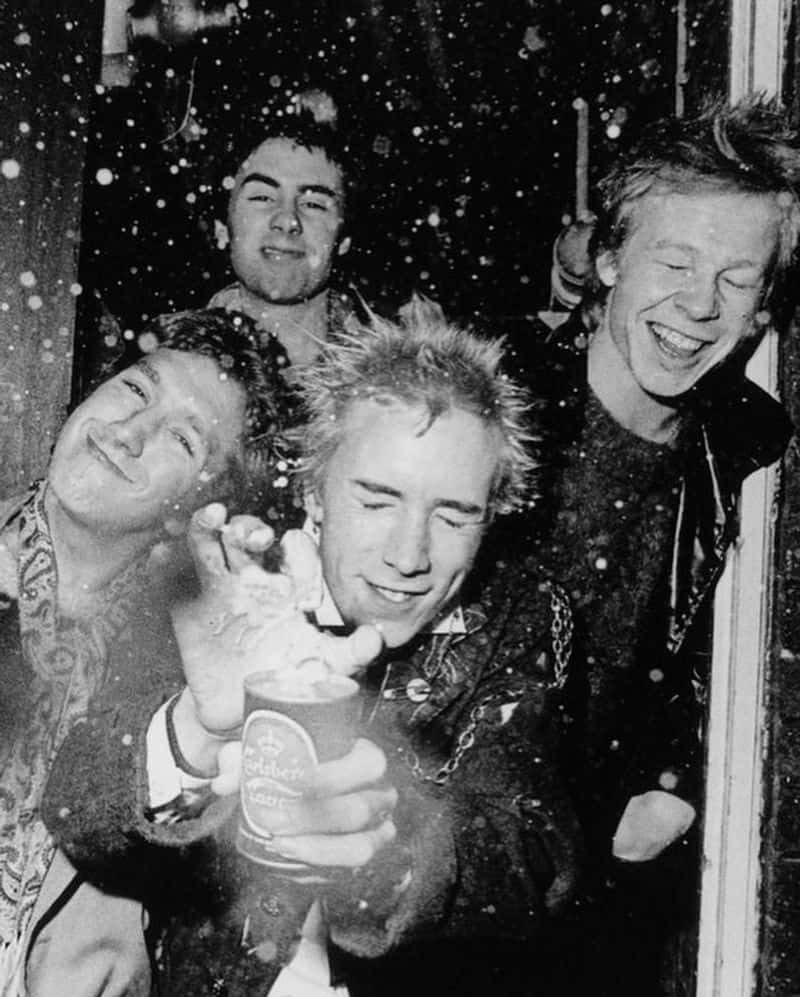
The Sex Pistols were at the forefront of the punk movement. Their song “God Save the Queen” was a direct challenge to the British establishment and monarchy.
Released during the Queen’s Silver Jubilee, it was banned by the BBC and several other broadcasters. Despite the ban, the song climbed the charts.
The Pistols’ rebellious nature was unapologetic, embodying punk’s spirit. Their aggressive lyrics and raw sound resonated with the youth.
This ban only fueled their fame, making them icons of the punk revolution. The Sex Pistols were undeterred, continuing their musical onslaught with unyielding energy.
2. Love to Love You Baby – Donna Summer (1975)
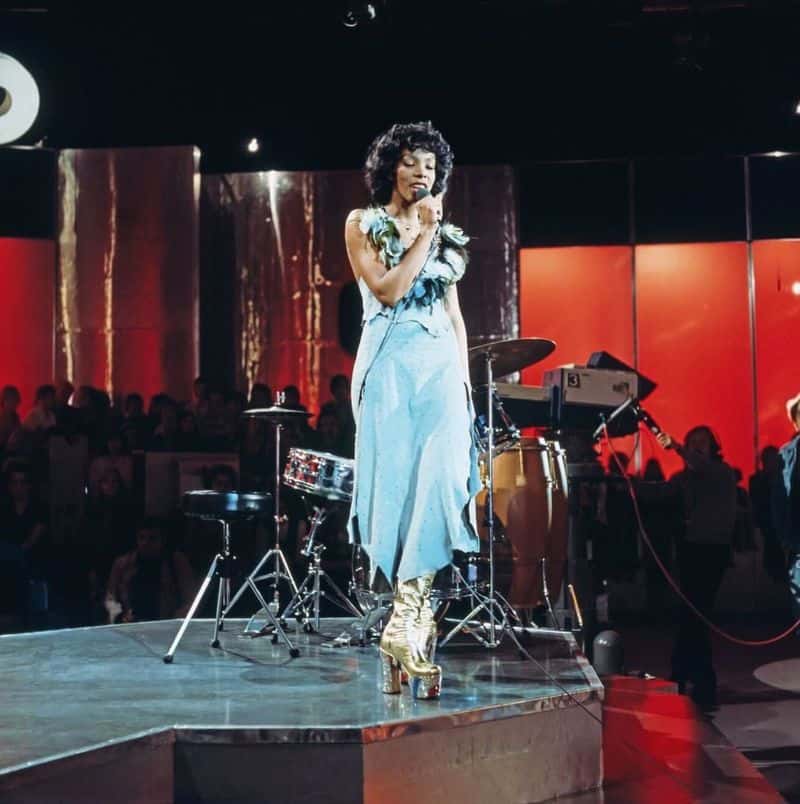
Donna Summer’s “Love to Love You Baby” became a disco anthem. The song’s sensuality and suggestive moans faced backlash. Many radio stations refused to play it, citing indecency.
However, the ban didn’t hinder its success. The track was groundbreaking in its production and audacity, making waves in the music industry.
Donna Summer’s sultry voice captivated audiences worldwide. Her collaboration with producer Giorgio Moroder set a new standard for disco music.
The controversy around the song only added to its allure, cementing Summer’s status as the “Queen of Disco.” She thrived amid the uproar.
3. The Pill – Loretta Lynn (1975)

Loretta Lynn’s “The Pill” tackled birth control, a contentious topic in 1975. Its candid lyrics about reproductive rights led to bans by multiple radio stations.
Despite this, the song resonated with many women. Lynn’s bold approach challenged societal norms, marking a pivotal moment in country music.
Her storytelling and authentic voice sparked conversations beyond the music realm. “The Pill” became an anthem for women’s liberation, amplifying Lynn’s influence.
The controversy didn’t deter her; it elevated her status as a trailblazer. Lynn’s fearless spirit paved the way for future generations in country music.
4. Lola – The Kinks (1970)
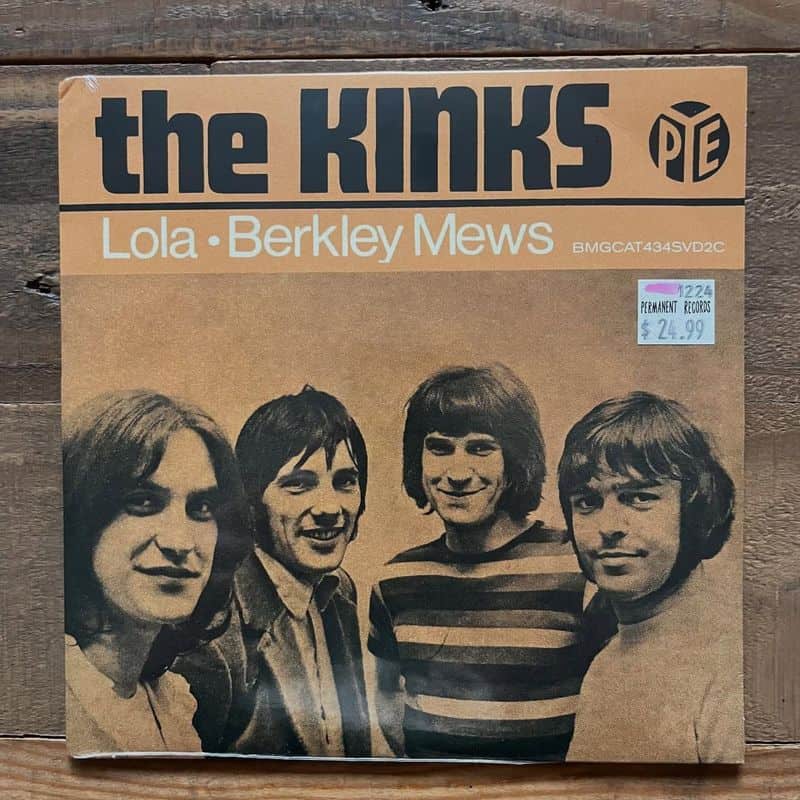
The Kinks’ “Lola” narrates an encounter with a transgender woman. Its provocative theme raised eyebrows at the time.
Consequently, it faced bans, mainly due to its non-conformist message. Despite the controversy, the song became a hit. The Kinks embraced the challenge, using it to push boundaries.
Their unique storytelling and catchy melody captivated listeners. “Lola” remains a classic, celebrated for its boldness. The Kinks’ willingness to address taboo subjects showcased their artistic integrity.
They thrived amid challenges, solidifying their legacy in rock history. The bans only amplified their message, enhancing their cultural impact.
5. Je T’aime … Moi Non Plus – Jane Birkin and Serge Gainsbourg (1969)

“Je T’aime … Moi Non Plus” by Jane Birkin and Serge Gainsbourg was controversial for its explicit content. The song’s sensual nature led to bans across Europe.
Yet, it became a commercial success, defying conservative norms. Gainsbourg’s provocative lyrics and Birkin’s breathy vocals created a timeless piece.
Their collaboration stirred conversations about censorship in art. Despite the bans, the song’s allure was undeniable. It challenged societal boundaries, cementing its place in music history.
Birkin and Gainsbourg’s unapologetic creativity resonated with audiences. The controversy only added to its mystique, ensuring its enduring legacy.
6. Love Me Two Times – The Doors (1967)
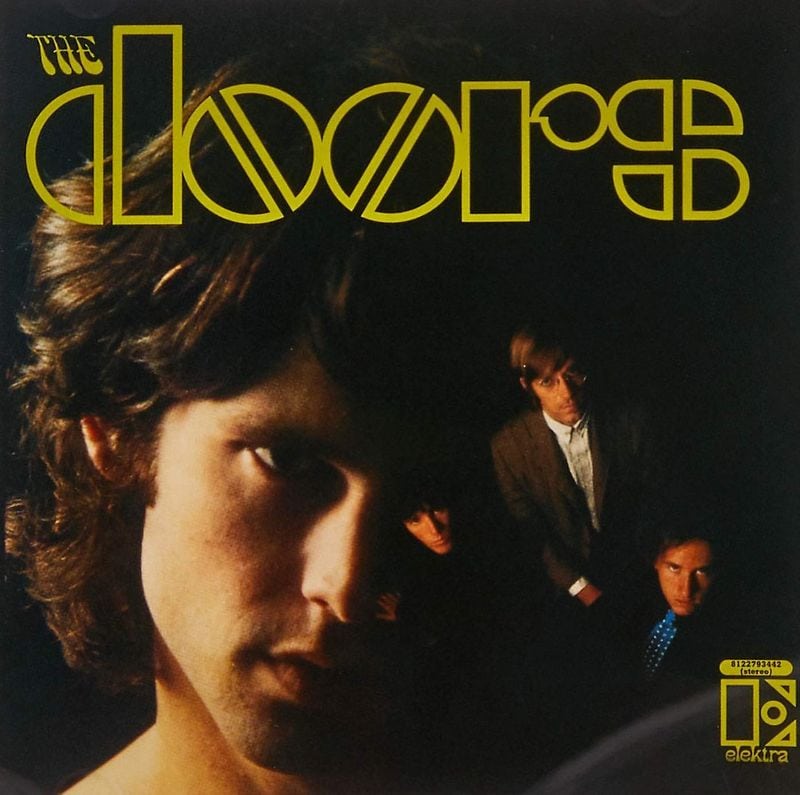
“Love Me Two Times” by The Doors faced bans for its suggestive lyrics. The band’s raw sound and provocative themes were often at odds with mainstream norms.
Despite the bans, the song resonated with fans, showcasing The Doors’ unique style. Jim Morrison’s charismatic presence and poetic lyrics captivated audiences.
The band’s willingness to challenge conventions defined their career. “Love Me Two Times” remains a testament to their artistic vision, blending rock with provocative storytelling.
The bans only fueled their rebellious image, enhancing their appeal. The Doors thrived on controversy, leaving an indelible mark on rock.
7. A Day in the Life – The Beatles (1967)
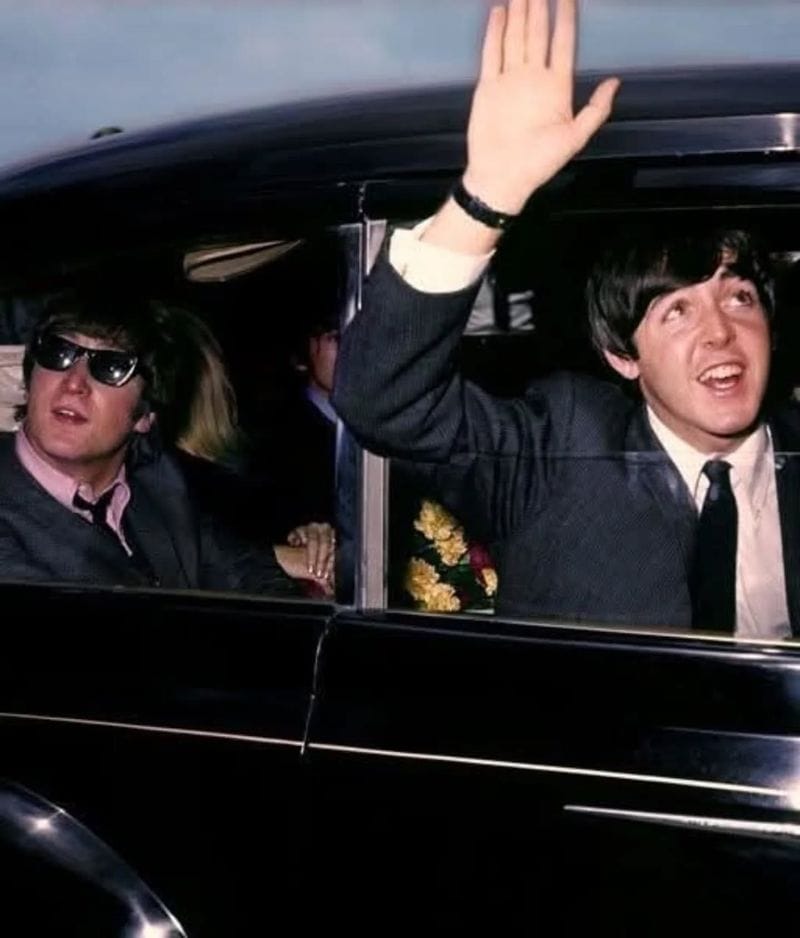
The Beatles’ “A Day in the Life” was groundbreaking. Yet, its drug references led to bans by the BBC. Despite this, the song was pivotal in “Sgt. Pepper’s Lonely Hearts Club Band” album.
Its complex structure and innovative production captivated listeners. Lennon and McCartney’s songwriting showcased their genius.
The bans didn’t diminish its impact; they highlighted its daring nature. “A Day in the Life” influenced countless artists, pushing musical boundaries.
The Beatles’ ability to blend innovation with mainstream appeal set them apart. Their legacy remains unmatched, with this track as a cornerstone of their evolution.
8. Let’s Spend the Night Together – The Rolling Stones (1967)
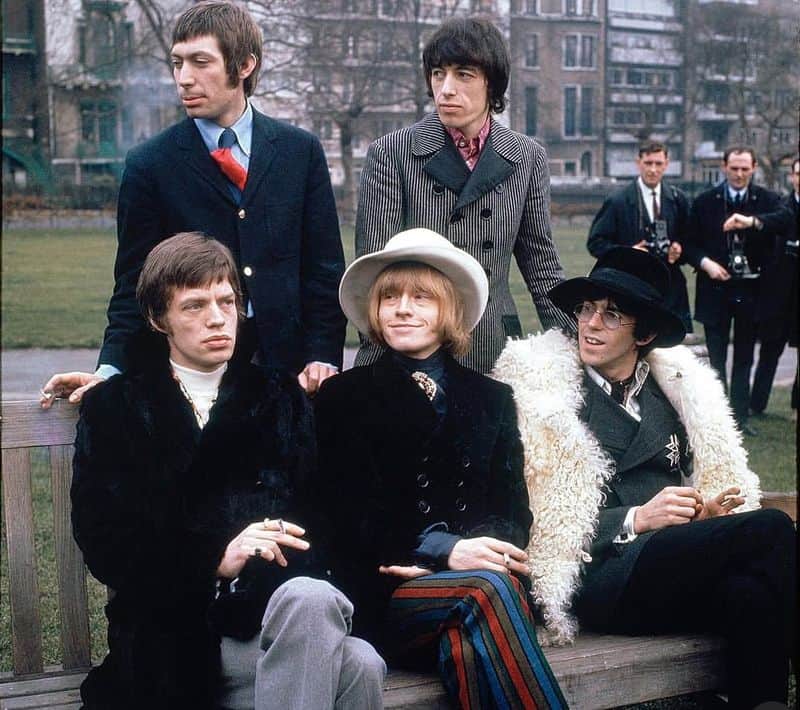
The Rolling Stones’ “Let’s Spend the Night Together” faced bans due to its provocative title and lyrics. Broadcasts often requested sanitized versions.
Yet, the song thrived, reflecting the Stones’ rebellious spirit. Mick Jagger’s charismatic delivery and the band’s dynamic sound captivated audiences.
Their defiance of societal norms became a hallmark of their identity. The bans only boosted the song’s allure, making it a symbol of rock rebellion.
“Let’s Spend the Night Together” remains a classic, celebrated for its boldness. The Rolling Stones’ influence on rock history is undeniable, fueled by moments of controversy.
9. God Only Knows – Beach Boys (1966)
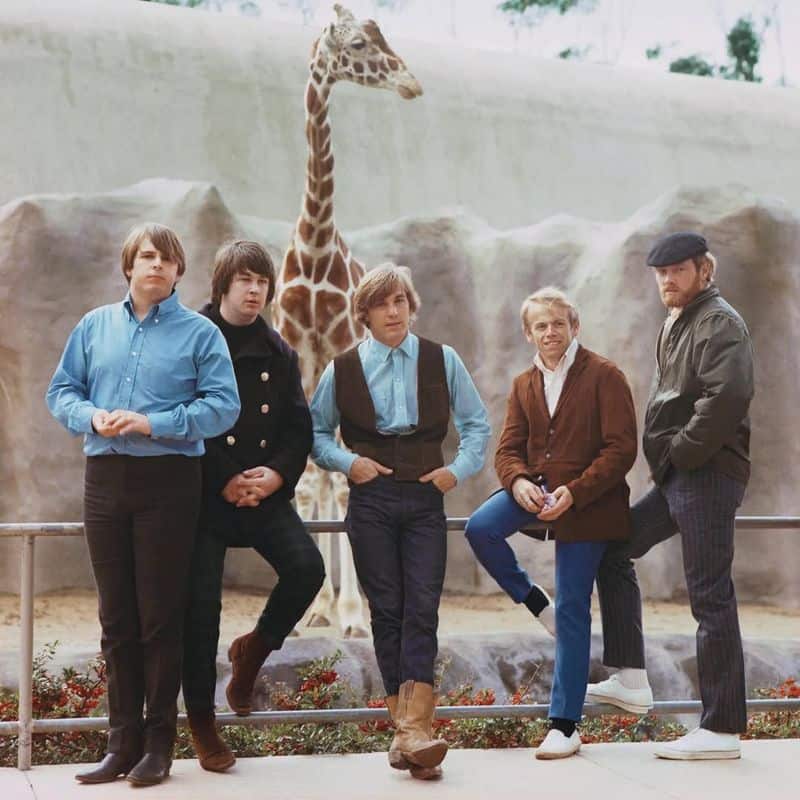
“God Only Knows” by the Beach Boys faced bans due to its title. Despite the religious connotations, the song’s beauty was undeniable. Its intricate harmonies and heartfelt lyrics captivated listeners.
Brian Wilson’s innovative production set new standards in pop music. The bans didn’t hinder its success; they only amplified its mystique. “God Only Knows” remains a testament to the Beach Boys’ creativity.
Their ability to blend emotional depth with musical innovation captivated audiences. The song’s legacy endures, celebrated for its timelessness. The controversy surrounding its release only added to its charm, enhancing its impact.
10. Strange Fruit – Billie Holiday (1956)
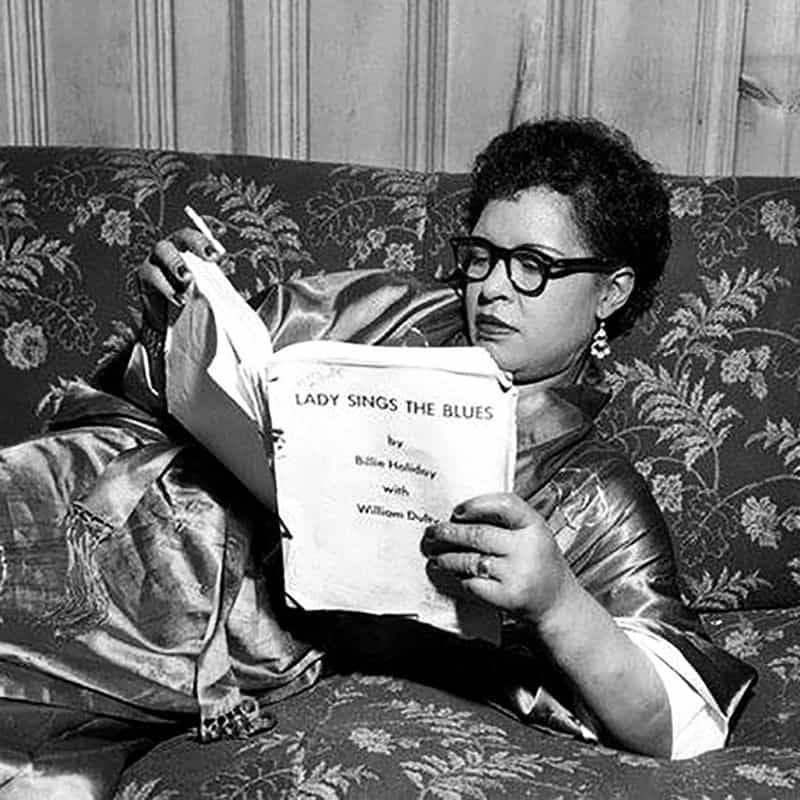
Billie Holiday’s “Strange Fruit” is a haunting portrayal of racial injustice. Its graphic imagery led to bans, yet it became a powerful protest anthem.
Holiday’s emotive delivery and the song’s stark lyrics resonated deeply. Despite the bans, it sparked crucial conversations about race and art. “Strange Fruit” remains a landmark in music history.
Holiday’s courage to address such themes solidified her legacy. The song’s impact transcends music, inspiring generations of artists.
The controversy only added to its significance, ensuring its place in history. Holiday’s defiance in the face of adversity remains an enduring symbol of resilience.
11. My Generation – The Who (1965)
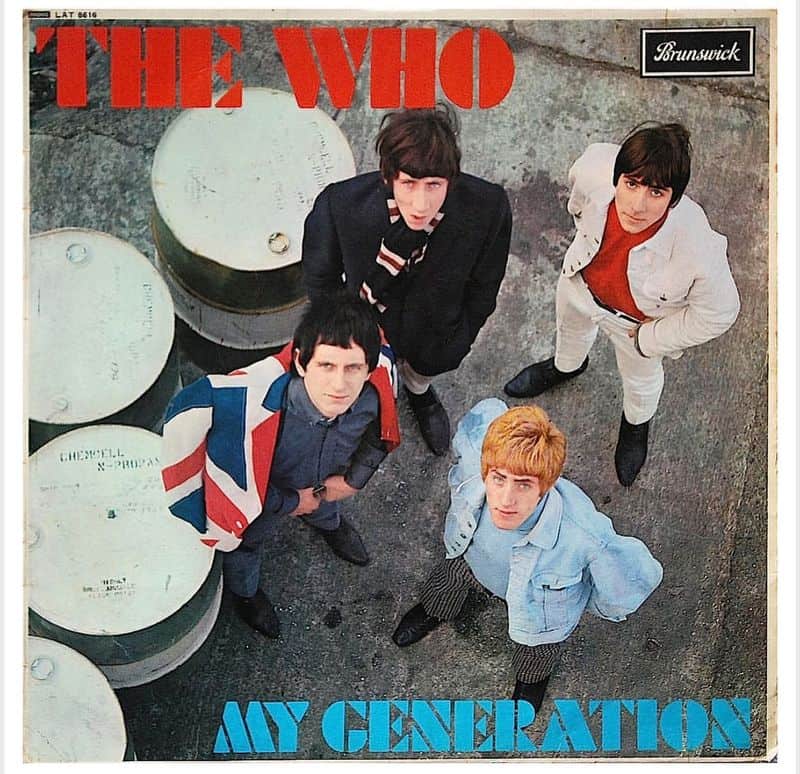
“My Generation” by The Who became an anthem for youth rebellion. Its raw energy and defiant lyrics faced bans for perceived incitement.
Yet, it resonated with a generation eager for change. The Who’s explosive sound captured the spirit of the 1960s. Roger Daltrey’s commanding vocals and the band’s innovative style stood out.
The bans only added to the song’s appeal, cementing its status as a classic. “My Generation” remains influential, reflecting the era’s social shifts.
The Who’s legacy is defined by their willingness to challenge norms. The song’s enduring impact highlights their revolutionary spirit.
